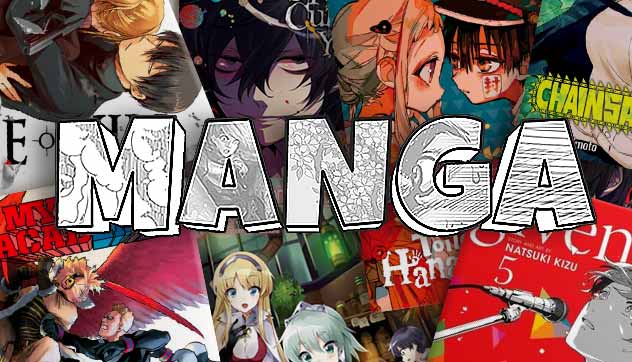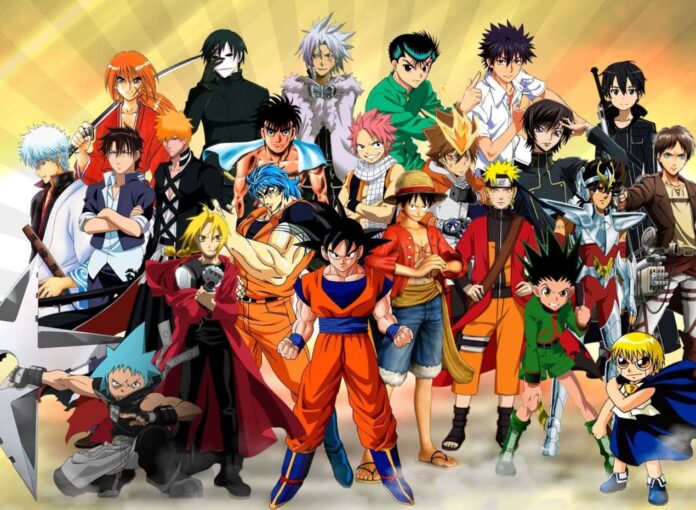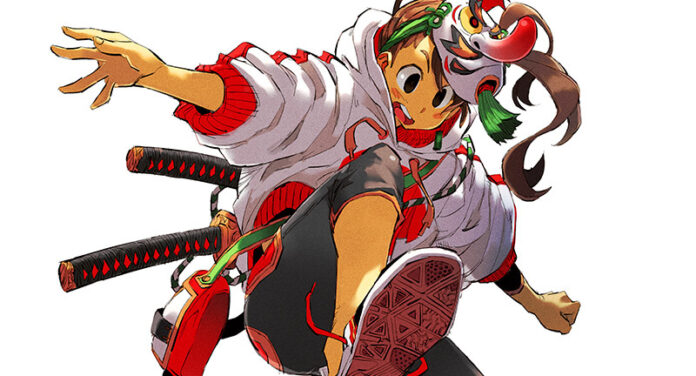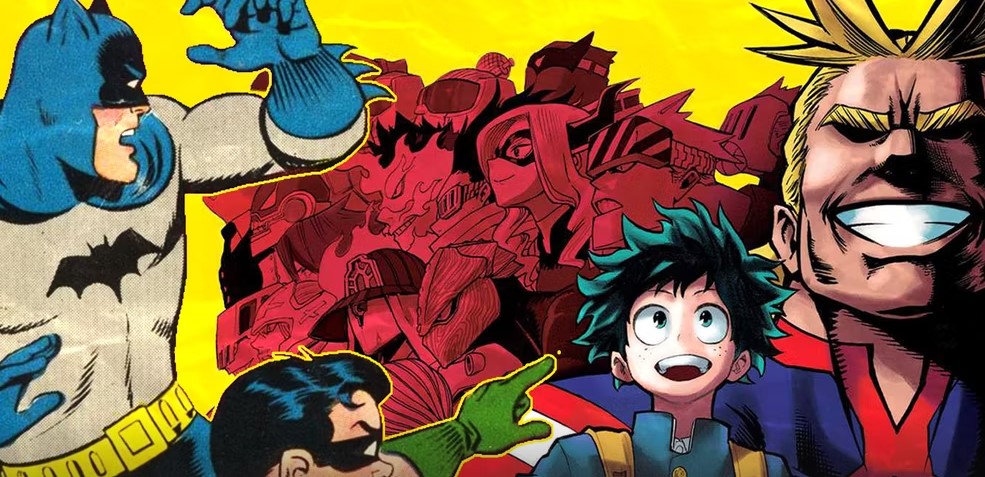Manga has captivated readers across the globe for decades, and its popularity shows no sign of slowing down. If anything, it’s growing faster than ever. But why? What is it about these Japanese comic books that have enthralled readers from all walks of life? In this article, we’ll explore the factors contributing to manga’s explosive growth, its appeal across different demographics, and how it has become a cultural phenomenon in its own right.
Diverse Storytelling: Something for Everyone

One of the key reasons for manga’s enduring popularity is its diverse range of genres and storytelling styles. Unlike Western comics, which often focus on superheroes and action, manga covers a wide array of topics, from romance and slice-of-life to horror and science fiction. This diversity means there’s something for everyone, regardless of age, gender, or personal interests. Plus, with options to read manga for free at various sites, enjoying these stories has never been more accessible.
Shonen, Shojo, Seinen, and Josei: A Genre for Every Reader

Manga is often categorized into different genres based on the target demographic. These include:
- Shonen: Aimed at young boys, shonen often features action-packed stories with themes of friendship, perseverance, and adventure. Popular titles include “Naruto,” “Dragon Ball,” and “One Piece.”
- Shojo: Targeted at young girls, shojo typically focuses on romance, relationships, and personal growth. Iconic titles include “Sailor Moon,” “Fruits Basket,” and “Ouran High School Host Club.”
- Seinen: Aimed at adult men, seinen explores more mature themes, often with complex characters and darker storylines. Popular series include “Berserk,” “Vagabond,” and “Tokyo Ghoul.”
- Josei: Targeted at adult women, josei delves into more realistic portrayals of relationships and everyday life. Notable titles include “Nana,” “Paradise Kiss,” and “Honey and Clover.”
This wide range of genres allows manga to appeal to a broad audience, ensuring that there’s always something new and exciting for readers to discover.
Its Appeal to All Ages
Manga isn’t just for kids or teenagers; it’s a medium that appeals to all ages. While shonen and shojo are often associated with younger readers, there are plenty of manga series that cater to adults as well. Seinen and josei, for example, explore themes and situations that are more relatable to adult readers, such as work-life balance, relationships, and personal identity.
Additionally, manga often deals with complex and thought-provoking themes, making it appealing to readers who enjoy more intellectual and challenging content. Titles like “Death Note,” “Attack on Titan,” and “Fullmetal Alchemist” tackle issues such as morality, power, and the human condition, offering readers a rich and engaging experience.
The Influence of Anime

Anime, the animated adaptation of manga, has played a crucial role in popularizing manga worldwide. Many fans first discover manga through anime, drawn in by the vibrant visuals, compelling storylines, and memorable characters. Once hooked, they often turn to the manga to continue the story or explore additional content not covered in the anime.
Cross-Media Synergy
The relationship between manga and anime is a symbiotic one. While manga often serves as the source material for anime, the success of an anime adaptation can also drive sales of the original manga. This cross-media synergy has helped boost the popularity of both mediums, with fans of one often becoming fans of the other.
Moreover, the success of manga and anime has led to the creation of related media, such as video games, merchandise, and live-action adaptations. This cross-pollination of media has further expanded manga’s reach, bringing it to the attention of new audiences and solidifying its place in popular culture.
Breaking Down Stereotypes
For a long time, manga (and by extension, anime) was seen as a niche interest, often associated with otaku culture—a term used in Japan to describe people with obsessive interests, particularly in anime and manga. However, as manga has grown in popularity, these stereotypes have begun to break down.
The mainstream acceptance of manga and anime has been driven in part by the increasing visibility of these mediums in popular culture. Hollywood adaptations of popular manga series, such as “Ghost in the Shell” and “Alita: Battle Angel,” have brought these stories to a wider audience, even if the adaptations themselves have received mixed reviews.
Additionally, the success of manga and anime in international markets has led to a broader understanding and appreciation of Japanese culture. Manga is no longer seen as just a quirky Japanese import; it’s now recognized as a legitimate form of entertainment and storytelling that can stand alongside Western comics, novels, and films.
Why We Keep Coming Back
At its core, manga’s appeal lies in its ability to forge an emotional connection with its readers. The characters in it are often relatable and well-developed, making it easy for readers to become invested in their stories. Whether it’s the determination of Naruto, the struggles of Guts in “Berserk,” or the heartwarming moments in “My Neighbor Totoro,” manga has a way of touching readers’ hearts and leaving a lasting impression.
The Power of Storytelling

Manga’s storytelling is often more nuanced and complex than what you might find in traditional Western comics. The long-running nature of many series allows for deep character development and intricate plotlines, giving readers a more immersive and satisfying experience. This depth of storytelling is one of the key reasons why fans continue to return to their favorite series, even after years or decades.
Furthermore, manga often tackles social issues and moral dilemmas in a way that resonates with readers. Whether it’s exploring the consequences of power in “Death Note,” the horrors of war in “Attack on Titan,” or the challenges of adolescence in “Fruits Basket,” manga offers readers a way to reflect on the world around them and their own experiences.
Conclusion
Manga’s popularity is not just a passing trend; it’s a reflection of the medium’s unique ability to connect with readers on a deep and emotional level. Whether through its diverse genres, compelling storytelling, or the vibrant communities that have sprung up around it, manga has cemented its place as a beloved form of entertainment for millions around the world.







